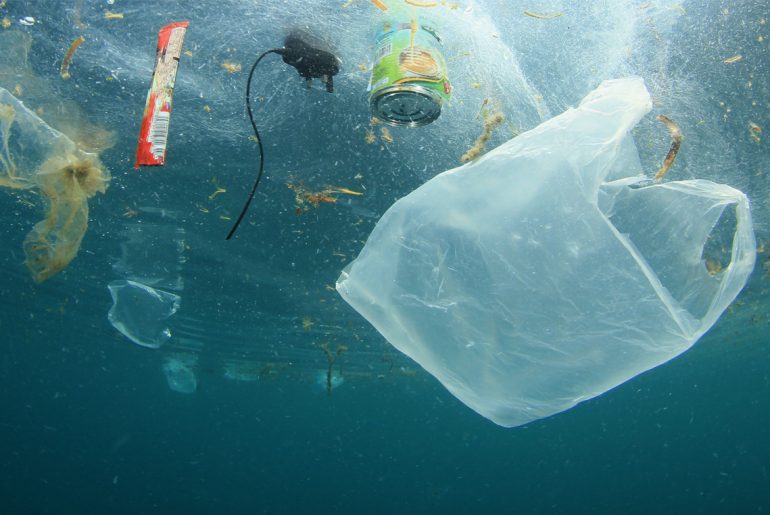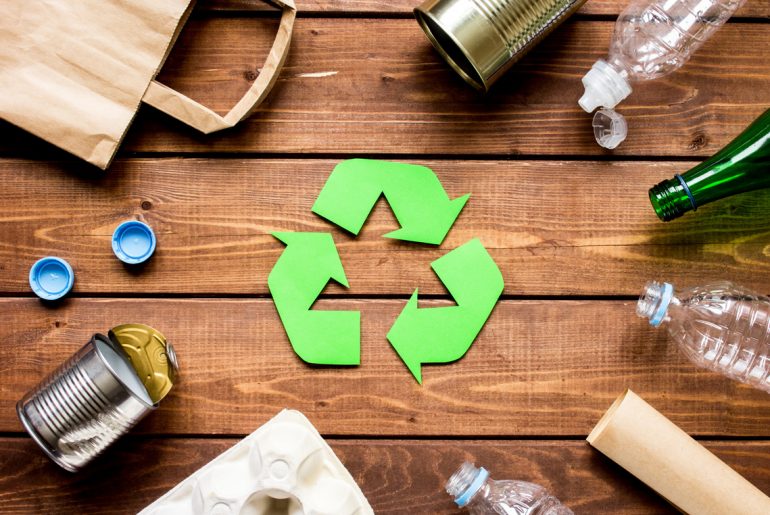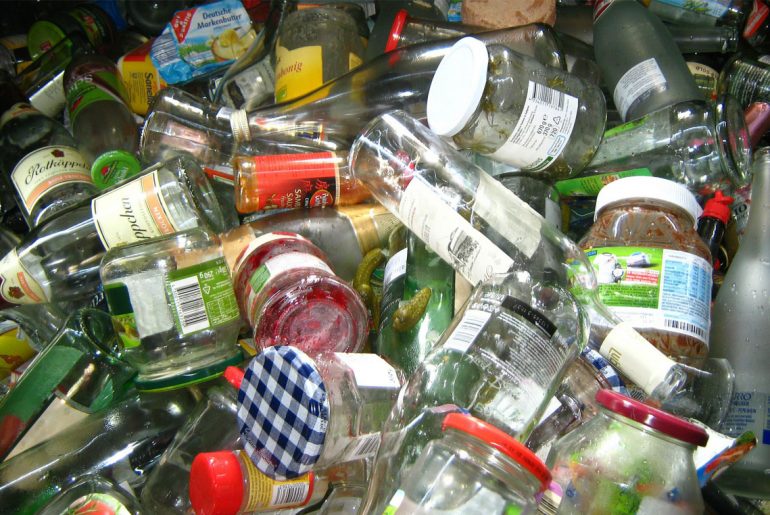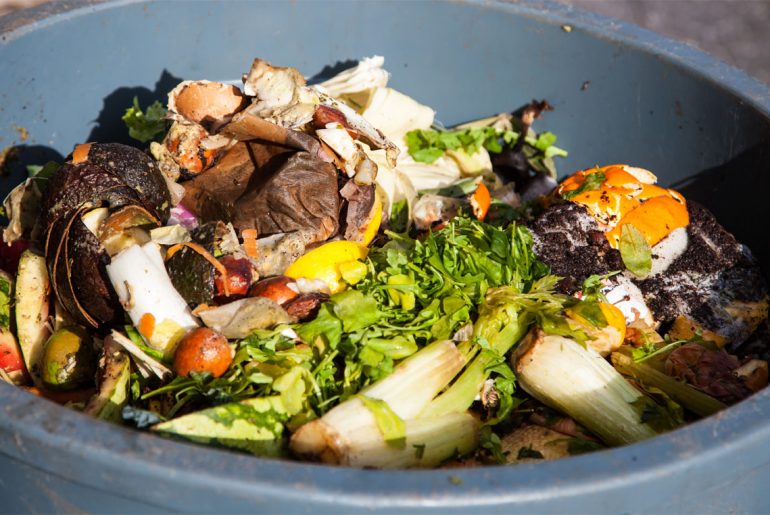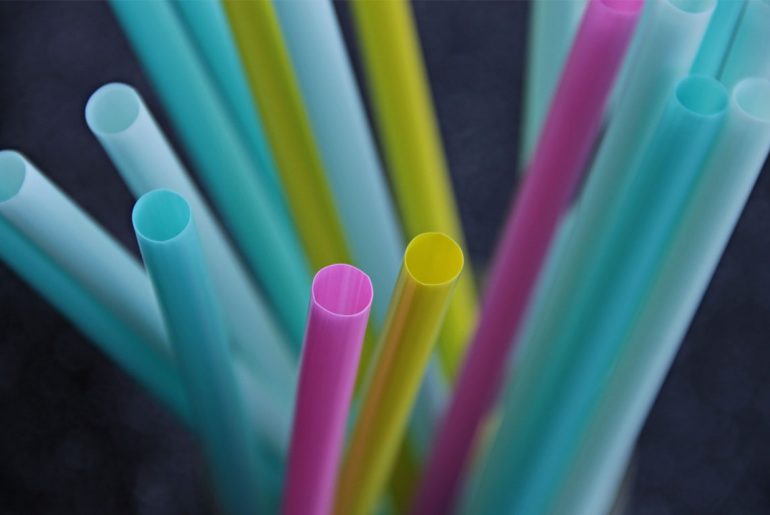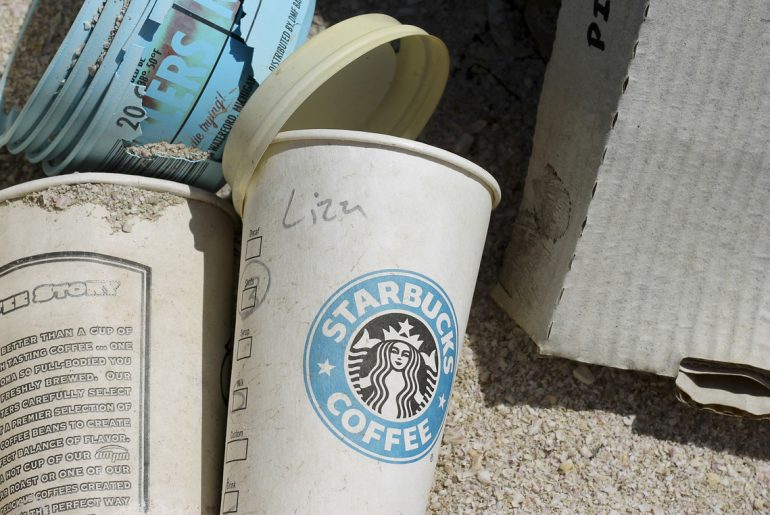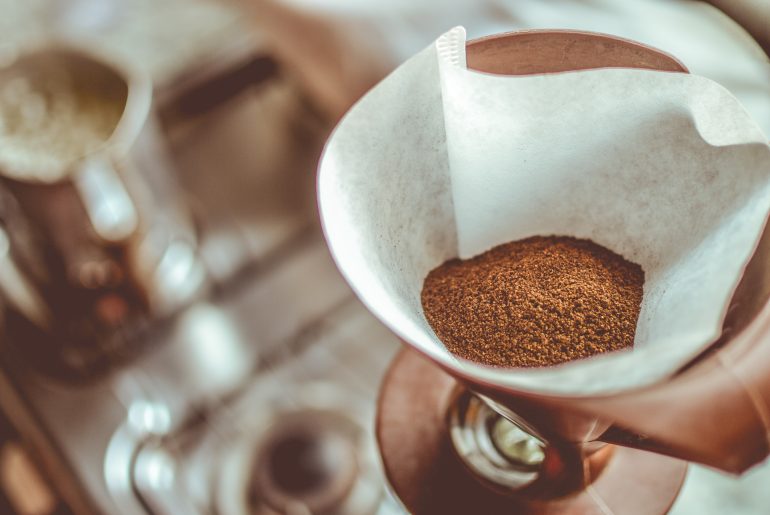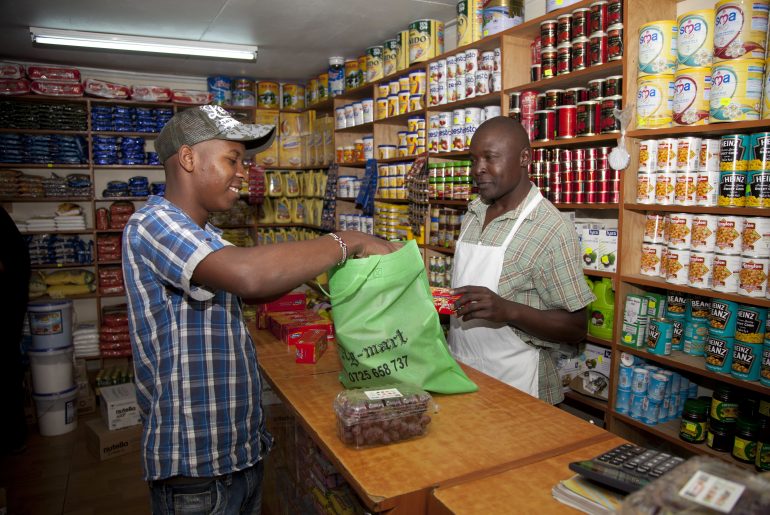If you recycle, you probably already know that most communities don’t accept plastic bags in their weekly curbside pick-up bins. This creates a problems for just about every household. After all, even the most diligent of us wind up with a few plastic bags when an impromptu grocery shopping trip breaks out. Throwing bags in the garbage may seem like a solution, but plastic bags aren’t biodegradable, meaning they can take hundreds of years to decompose. The best thing you can do is recycle them. So if curbside recycling won’t accept them, how do you recycle plastic bags? It’s as easy and taking them to a nearby store. National retailers like Walmart, Whole Foods, Target, JCPenney, Kohl’s, Home Depot, Lowe’s, and many regional retailers like Giant Eagle, all offer onsite plastic bag collection bins and boxes. No need to separate where your bags came from, as these retailers will accept…
This is what those plastic recycling numbers really mean
Recycling isn’t always straight forward. You may have the best of intentions, but the various symbols, rules, and potential fines you can face for recycling the wrong stuff, would make anyone a bit annoyed. Further adding to the confusion, what can be recycled varies wildly from town to town. Then there is the seemingly elaborate number system, which is a mystery all of its own. But those numbers (you know, the ones surrounded by the universal triple arrow symbol for recycle) don’t have to be a mystery any longer, per Greenmatters.com. It turns out, plastics are assigned a number (1 to 7), which can identify the type of plastic resin present. Knowing what these numbers mean can help you sort your plastics and identify the ones that your local recycling plant will accept. Those numbers can also be valuable to you as a consumer because they can tell you if your…
15 easy ways to use less plastic in your life
Straws are having a major moment. Not only are national fast-food and restaurant chains looking at reducing or eliminating them entirely, but individuals across the country are saying ‘no’ to sipping from the wasteful plastic single-use item. While the straw ban will certainly help, it’s really just the beginning. If you’re interested in other easy ways to cut back on plastic consumption, here are a few ideas. Recycling is great, but the best thing you can do for the environment is use less plastic to begin with. What’s great about reusing materials is that in most cases, you end up saving some cash for your efforts, too. Here are 15 ways to cut out plastic from your life: 1. Stay away from straws. Major corporations like McDonald’s and Starbucks have started to eliminate plastic drinking straws from their restaurants, while whole cities have put a ban on them as well. Only…
Healthy eaters create more food waste. Here’s what you can do
Healthy eaters can be proud of their nutrient-rich diets, but a recent study shows that the healthier you eat the more food you are likely to waste. The average American wastes nearly a pound of food every day, a new University of Vermont study concluded. But a person’s exact amount depends on how healthy their diet is. In the study, published April 18 in the journal PLOS One, researches found that consumers who ate higher-quality diets were also those who were the most prone to planet-harming food waste. Investigators reported that as much as 39 percent of food waste in the United States is made up of fruits, vegetables and dishes made from produce. Dairy was the second biggest culprit, making up 17 percent of the nation’s waste. Meat made up 14 percent. “Eating healthy is important and brings many benefits, but as we pursue these diets, we must think much more…
U.K. proposes ban on plastic straws, drink stirrers and cotton swabs
In a sweeping movement to help reduce the amount of non-recyclable consumer waste, the U.K. government has announced plans to ban the sale of plastic straws, stirrers and plastic-stemmed cotton swabs. “Plastic waste is one of the greatest environmental challenges facing the world,” Prime Minister Theresa May announced in a statement on Wednesday, in which she called the U.K. government to be “a world leader on this issue.” Downing Street also said in the statement that it would work with industry in developing alternatives and ensuring “there is sufficient time to adapt.” The proposal would exempt plastic straws used for medical reasons. The ban is a small step in an overall effort to reduce plastic pollution from finding its way into the Earth’s oceans. According to the announcement, 150 million tons of plastic find its way to the water each year. This trash is responsible for killing one million birds and…
Starbucks offering $10 million to development of eco-friendly cup
Starbucks customers go through about 4 billion to-go cups every year — and almost all of those end up in a landfill. While it would seem the paper cups could easily be recycled, they are lined with non-recyclable plastic to help keep your coffee warm and the cup from leaking. But the Seattle-based coffee giant is finally taking steps to make the world a little greener. They’ve teamed with Closed Loop Partners, a group that invests in recycling technologies and sustainable goods, to create the NextGen Cup Challenge. The challenge will offer $10 million in grants to innovative entrepreneurs “working on ideas that could lead to the development of more sustainable cup solutions.” Current cups are made with 10 percent post-consumer recycled fiber, so depending on where you live, they might be partially recyclable, but the goal is to create a fully recyclable and even compostable cup no matter what corner of…
8 ways to recycle used coffee grounds
Cream, sugar, black or with a splash of Bailey’s? It doesn’t matter how you take your coffee, as long as you know where those grinds are going. The average American drinks about 3.1 cups of coffee per day — that’s 66 billion cups per year when you include all of the espresso, cappuccino, lattes and iced coffees consumed. Instead of throwing all those leftover grounds in the trash, consider some other practical uses. From increasing growth in your garden, to fixing furniture, there are some interesting ways to recycle this common coffee byproduct. 1. Make Fertilizer. Coffee wakes you up in the morning, and it can do the same for your plants, too. Used coffee grinds still contain tons of nutrients beneficial to soil. To use coffee grinds as fertilizer, grab some grounds or some leftover pucks from your local coffee shop, and work it into the soil around your plants. 2.…
Use plastic bags in Kenya and get time in prison
If you lived in Kenya, you’d think twice before heading to the store without your stack of reusable shopping bags. The East African nation has made a big push for its citizens to reduce or eliminate plastic bag usage by making the production, sale or use of any single-use plastic bags punishable by four years in jail or up to a $38,000 fine. More than 40 other countries already have similar laws prohibiting or taxing plastic bag users including China, Rwanda and the United Kingdom. One major problem with the plastic bags is they take lots of energy and oil to produce, but are only used once before ending up in a landfill. Since plastics can’t biodegrade, they will last centuries underground. Some estimates say they can take between 500 and 1,000 years to break down. A third of all plastic bags are also ending up in our oceans. The bags are broken down into micro plastics…

